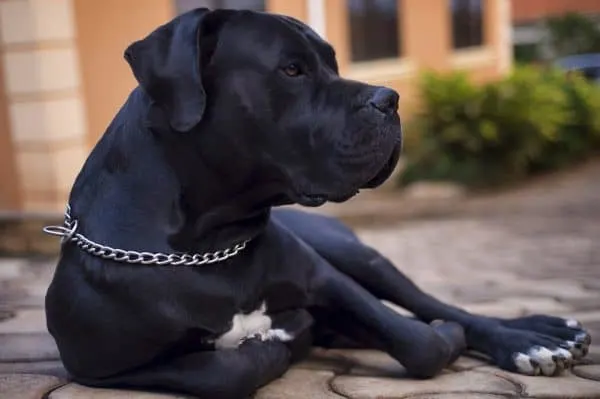
For humans, aging is a normal part of life. The same can be said for your pet pooch, too. He doesn’t last forever, and that means that you need to do some research into what makes for a healthy older dog. You’ve trained him and cared for him for so long, so what now? You bought him as a puppy, and he’s been there for you throughout life – so why not be there for him now? As your dog ages, it’s essential to consider his changing nutritional needs. One aspect to explore is the use of probiotics. Many pet owners wonder, “What age can I give my dog probiotics?” It’s a valid question to ensure you provide the right support for your furry companion.
Getting older isn’t the death sentence that you imagine it to be – not at first.
Death comes to all, but while you and your dog are still around, you can do everything to ensure that they are comfortable, and so are you.
Dogs become less mobile as they age, and yet they can still spend their golden years meandering along and happy as anything.
Shall we look at eight ways you can care for your senior dog?
- Be aware of the right diet for a senior dog. Your older pooch isn’t going to have the same diet he did when he was young. They don’t have the same energy levels, so high-calorie foods can make them pack on the weight unintentionally. So, you need to research the best diet for older dogs, so he is comfortable and healthy.
- Older dogs still need to be walked and exercised, and not just to keep their joints supple. Of course, you’ll be using glucosamine to keep his bones and joints as healthy as possible, and this will help him to exercise, too. Start slowly with your dog – they need to stroll rather than run at the very least.
- Take your dog to the vet often, but most importantly, when things start to go wrong in their health. Keep an eye on the onset of a weakened immune system, and any illnesses that can affect dogs more than other pets.
- Senior dogs may suffer from diseases such as urinary incontinence or gastrointestinal disorders. Additionally, bear in mind that a female dog’s heat cycle will continue throughout her lifetime, so blood-tinged discharge will occur constantly. Taking care of your senior dogs with dog diapers for females or males can help them stay comfortable.
- A dog’s teeth need care throughout their life, and many older dogs don’t get the right attention throughout their adult life. Dental care should be a part of their regular grooming routine, so get it set in stone early and continue it throughout their life.
- Fleas do not discriminate when it comes to age; neither do worms and ticks. Keep giving your dog the right treatment through life, and you’ll have a happy, healthy dog.
- We mentioned grooming already, but this is about skin and coat more than it is about their teeth. Senior dogs often suffer from dry and flaky skin, and this can become sore and sensitive. With regular grooming, you can avoid mats and tangles in your pup’s coat.
- Always provide the right accommodation for your dog. Age affects mobility, and a blind or deaf dog may need some adjustments made for their comfort. Read as much as you can about keeping your dog comfortable.
- They need your time more than anything else. An older dog wants to be loved as he ages, and the best thing that you can do is to be there for them until their last breath.
Treat your dog well, and he will remain loyal for life.
- Sagittarius Man & Gemini Woman Love and Sex Compatibility - January 31, 2024
- Taurus Ascendant Rising Personality Traits in Men (Guide) - January 31, 2024
- How to Seduce and Attract a Sagittarius Man (Seduction Tips) - January 31, 2024
